How to Eat During the Holy Month of Ramadan: A Comprehensive Guide
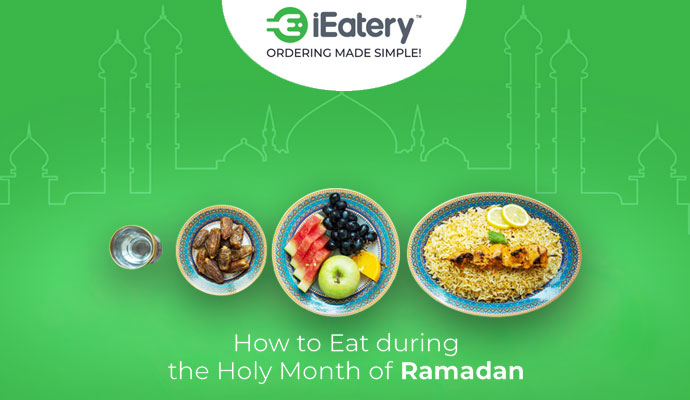
Ramadan, also known as the month of fasting, is one of the most restrictive diets that one can follow. The month of fasting requires people to drastically reduce their diet in the hope of fasting to completion. However, the holy month of Ramadan offers many people an alternative way of eating that is healthier and less restrictive. So, how can you eat during the holy month of Ramadan? Let’s take a look at everything you need to know about this particular diet.

What is the Holy Month of Ramadan?
For many, the idea of fasting during the holy month of Ramadan is bizarre and foreign. However, this is an important part of the Islamic calendar that is observed by approximately 1.2 billion people. It is the month in which the Quran was revealed to prophet Muhammad. In this month, people are encouraged to give up all animal and plant foods. A lot of people are unaware that during the holy month of Ramadan, people can eat dairy products and eggs, which are both rich in protein, and whole grains, which are low in carbohydrates.
People who are lactose-intolerant or vegan can also follow this diet during the holy month of Ramadan.
When to Eat during Ramadan
People who follow the vegetarian or vegan diet during the holy month of Ramadan should delay their first meal of the day by at least one hour. While most people can delay the urge to eat by at least two hours, some people find it difficult to do so and may end up eating late into the night. This can be avoided by planning your daily meals an hour or two ahead of when you need to be awake to eat. While the body does need protein and calories to function properly, people who follow a strict vegan or vegetarian diet should aim to avoid getting hungry because they are skipping meals.
Some people, however, find it more convenient to eat their meals immediately before bed due to work, school, or other commitments. This is perfectly fine too as long as you eat your meals on the regular and don’t miss out on your main meal as a result.
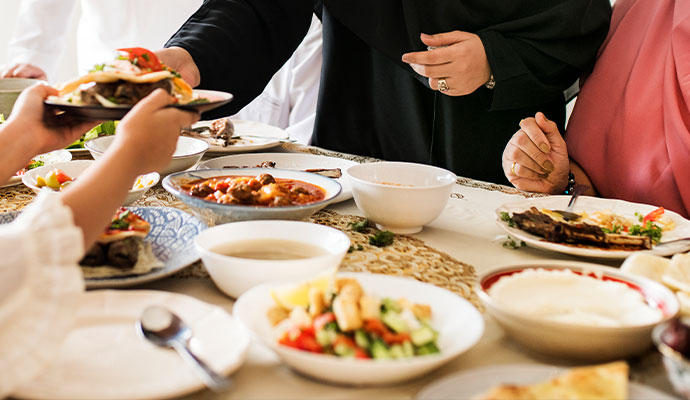
What to Eat during the Holy Month of Ramadan
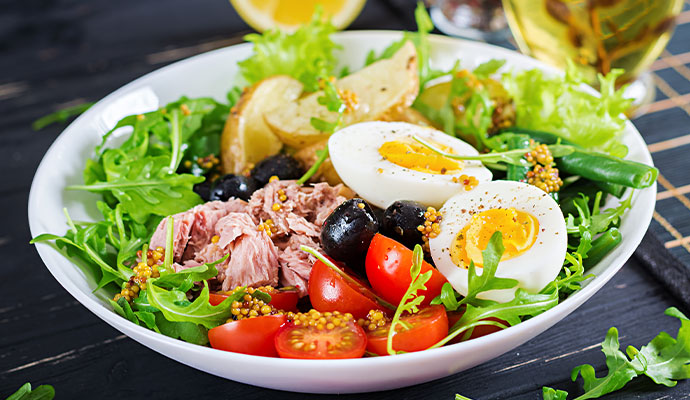
There are many healthy, yummy, and nutritious things to eat during the holy month of Ramadan! You can, of course, follow the same diet that you would during any other time of the year but with a few adjustments. Here are a few things that you should definitely consider adding to your diet during the holy month of Ramadan.
Eggs: Eggs are a good source of protein and essential vitamins and minerals. They are also a very good source of B vitamins, vitamin A, iron, and zinc. Eggs are also low in carbohydrates and sodium.
Fish: Like eggs, fish is also a great source of protein and essential vitamins and minerals. It is also a good source of B vitamins, vitamin A, and zinc. Fish is ideal during the holy month of Ramadan because most fish products are halal.
Poultry: Chickens, turkeys, and guiney pigs are also good sources of protein and essential vitamins and minerals. Poultry is also low in carbohydrates and sodium.
Vegetables: A large number of vegetables fall under the category of “vegetables” during the holy month of Ramadan. This includes all vegetables, fresh and frozen, root vegetables, and vegetables in thick soups and stews.
Fruits: The fruit listed as the number one recommended fruit during the holy month of Ramadan is avocados. They are a good fat, full of healthy vitamins and minerals, and low in carbohydrates. Other recommended fruits include kiwis, oranges, grapefruits, and Papayas.
Mashed potato: While many people find it ridiculous to eat mashed potato during the holy month of Ramadan, the Norwegian scientists who created the diet believe it to be one of the most nutritious foods during the month. It is a rich source of protein, vitamins, and dietary fiber. It is also low in carbohydrates and sodium.
Pita bread: This bread is spread with hummus and is one of the most nutritious foods available during the month. It is also a good source of protein, vitamins, and dietary fiber.
The Fatty Meal of Ramadan
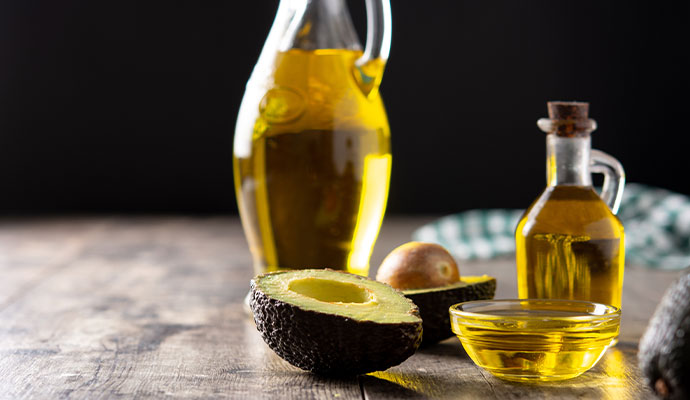
When you follow a strict vegan or vegetarian diet, you are likely also following a low-fat diet as well. Fat is a very important part of a healthy diet and should be consumed in moderation. The kind of fat that you consume during the holy month of Ramadan should be limited to healthy fats like olive oil, coconut oil, avocados, and olive and canola seed butter.
Some people, however, consume large quantities of unhealthy fats during the holy month of Ramadan. One of these people is the Muslim population in the Middle East who consume large amounts of fatty meat like fatty lamb, fatty fish like fatty shark, and fatty vegetables like fatty potatoes. Don’t get me wrong, lamb is a super healthy fat but excess consumption of it during the month of Ramadan can lead to obesity among the Muslim community in that region.
The Healthy Snack of Ramadan
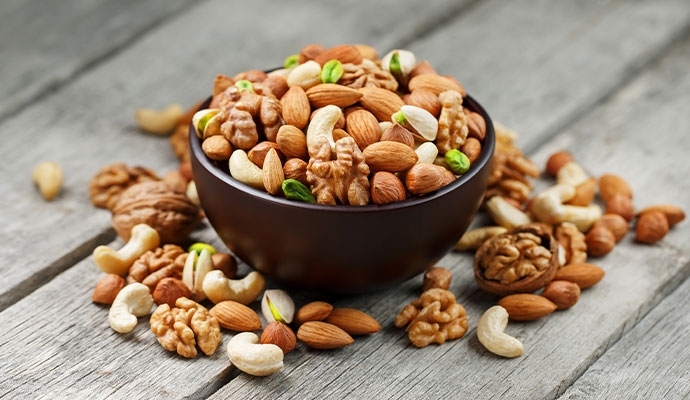
One of the snacks that you can enjoy during the holy month of Ramadan is nuts. You can buy them roasted or roasted almond or Brazil nut and enjoy them with a cup of coffee or tea. Nuts are a good source of fats and protein and they can be consumed throughout the day. You can also eat them with ice cream or sherbet.
Another popular snack that people enjoy during the holy month of Ramadan is seeds. These include sesame seeds, sunflower seeds, and pumpkin seeds. Just like nuts, seeds are a good source of fats and protein and they can be consumed throughout the day.
A final popular item that people consume during the month of Ramadan is seeds again. These include sesame seeds, poppy seeds, and chia seeds. These are rich in nutrients and protein and they can be consumed both hot and cold. It is recommended that you try these out after you have followed the diet for a while to make sure that you are getting the full nutritional content.
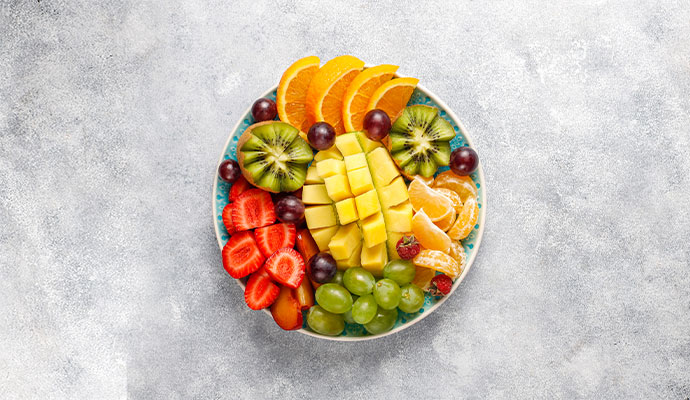
The Bowl of Fruity Goodness
If you are bored of plain old salads and soups during the holy month of Ramadan, you can try adding some fruits to your diet. Fruits are extremely high in vitamin and mineral content and they can be a great source of energy for your body during the month. You can indulge in your favorite fruits like oranges, grapefruits, kiwis, papayas, and guavas and get a huge boost of health and energy.
Another good idea is to eat your favorite desserts on the weekends. Your body needs a good workout every day to stay young and fit. Eating desserts on the weekends can help you get the nutrients you need to remain strong and healthy and happy.
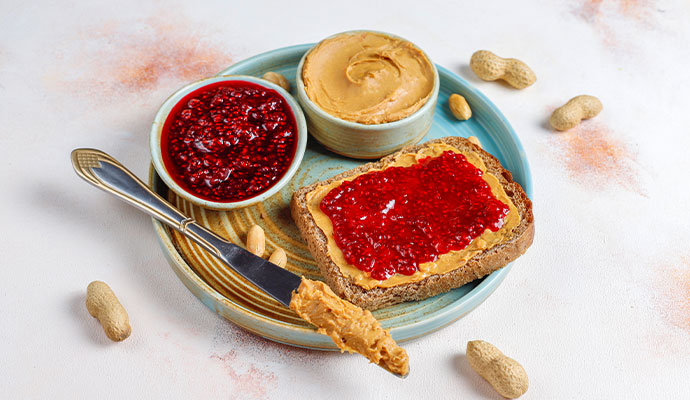
peanut butter and jelly sandwiches
If you are a huge fan of peanut butter and jelly sandwiches, you should eat those during the month of Ramadan too. While peanut butter and jelly are naturally high in fat.
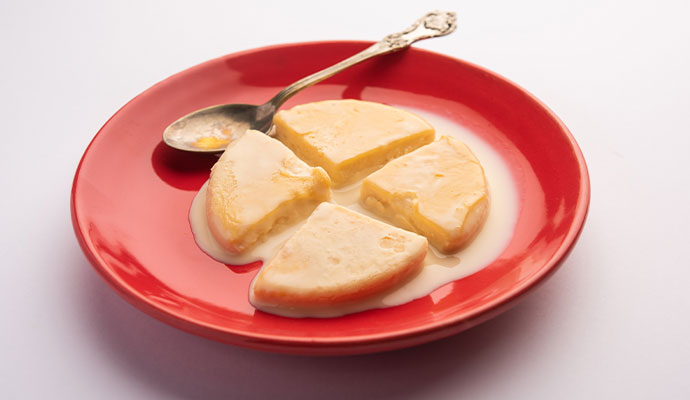
The Dessert of Ramadan
If you are looking for a sweet treat, look no further. The dessert of Ramadan is kulfi, a traditional Indian dessert made with rice, ghee, almonds, cashews, sugar, and spices. While you would normally consume it during the afternoon after your daily meal, you can enjoy it anytime of the day as it is very rich in protein and calories.
Last but not least, is the walnut dessert, a popular Indian dessert made with rice, ghee, nuts, and sugar. This is another rich source of vitamins and minerals and it can be consumed after your main meal of the day.
The Final Wrapping Thoughts
Even though most people recommend the diet strictly for health reasons, it is important to note that it is not a diet that you must follow alone. You
